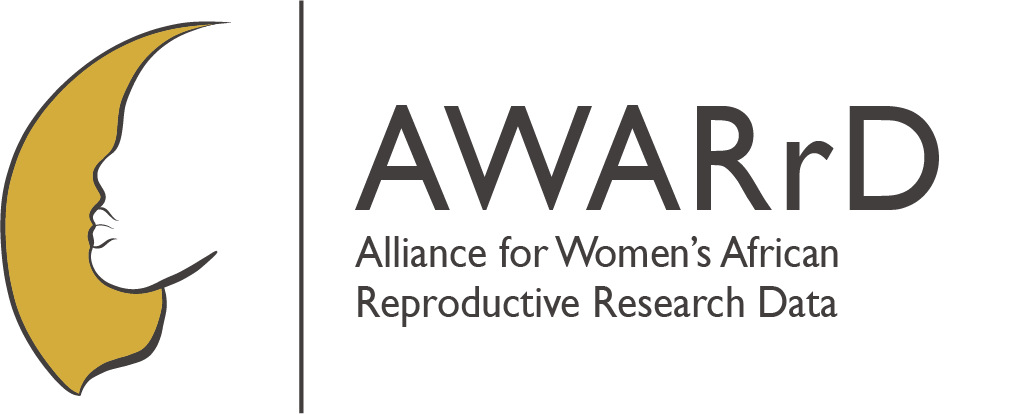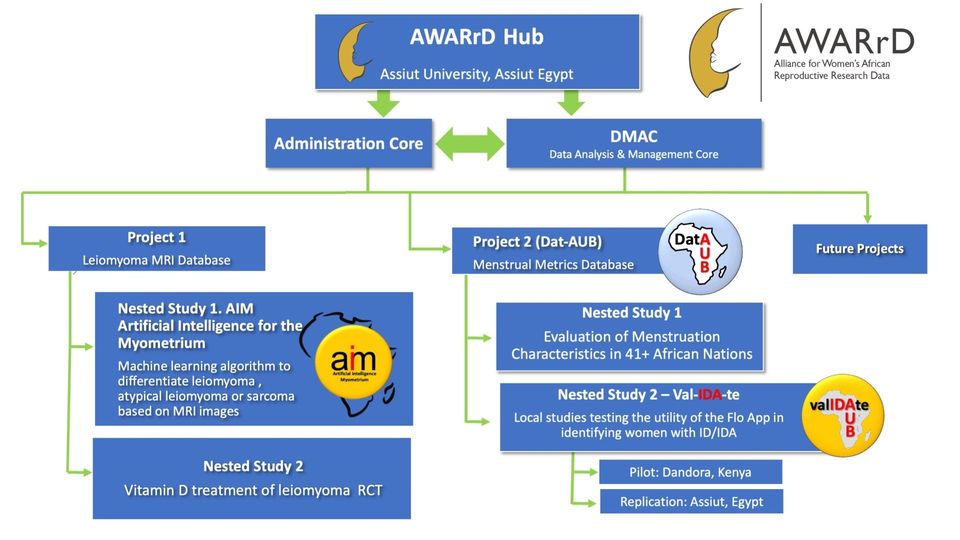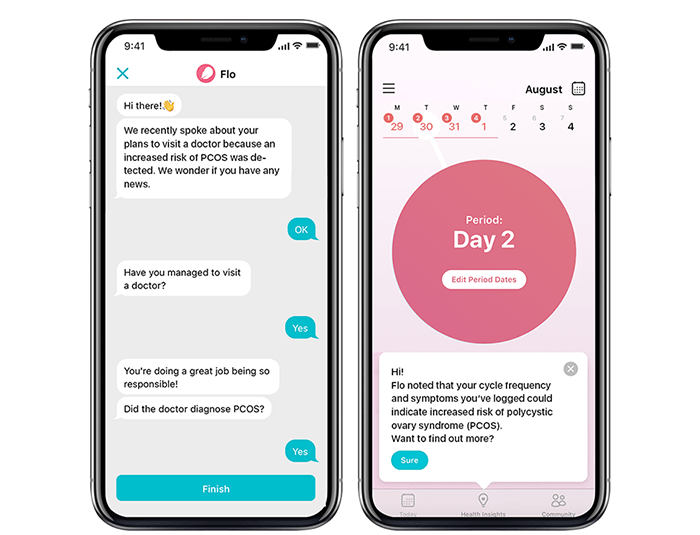What is AWARrD?
AWARrD is the "Alliance for Women's African Research Data" that comprises a multinational team of data scientists, hematologists, epidemiologists, obstetrician gynecologists, experienced clinical investigators and the developers of the most downloaded women's health application in the world, who, individually and collectively, are dedicated to improving the reproductive health of African girls and women. This team, many of whom have worked together in the past, has come together to respond to a funding opportunity provided by the US National Institutes of Health (NIH). The request by the NIH is to build the capacity of African nations to utilize data science to solve health care problems important to the African continent and to do so by partnering with universities, private enterprise and other experts from around the world. More on the NIH "funding opportunity" called DS-I Africa, can be found here.
The scientists, clinicians and other entities that comprise AWARrD have an interest in improving women's reproductive health in general, and, in particular in improving the diagnosis and treatment of problems that related to the uterus, or the womb. The notion of using "big data" or data science to help solve some of these problems is enticing so it was decided to harness the skills, passions and available resources of this spectrum of stakeholders and design research projects that utilized existing data to start to address important clinical problems facing women in Africa.
The AIM project is designed to test the hypothesis that by exposing magnetic resonance images (MRIs) of knowingly benign and malignant leiomyomas - leiomyosarcomas - to a "deep learning" computerized system, the "machine" may "learn" to diagnose the leiomyosarcomas by detecting subtle differences that may escape the human eye. For the AIM project, a database of hundreds of MRIs of benign fibroids will be used to train the machine on recognizing benign tumors, and a set of MRIs of leiomyosarcoma will be found to show the system the malignant version. Computer scientists with expertise in "deep learning" at the University of Assiut and University of Chicago will develop this project and hopefully will help us find a way to diagnose these rare but dangerous tumors.
The AWARrD team has joined with Flo Health and a spectrum of internationally known and respected specialists in abnormal menstrual bleeding to create a research plan designed to test the ability of the Flo app to identify iron deficiency (ID) and iron deficiency anemia (IDA) in African women. The name of the project is "DatAUB", which stands for Data on Abnormal Uterine Bleeding and, if approved for initiation, will start with the anonymized data already present from more than 2 million girls and women. Then, in a pair of studies called Val-IDA-te we will compare the results of women using the application with their iron levels to test the hypothesis that the system can predict those who have ID and IDA.












